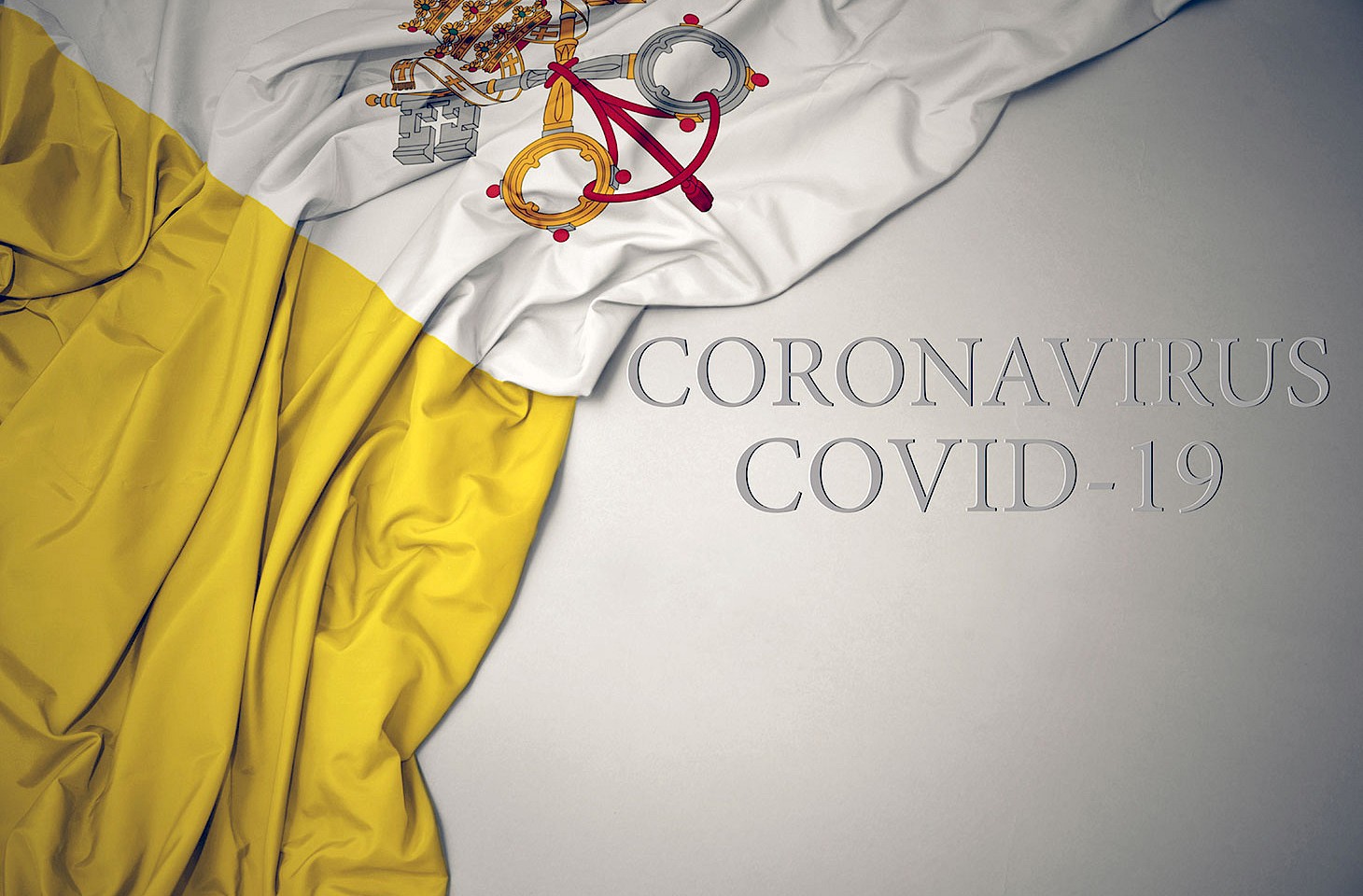Follow a winding, narrow lane out from the Ardennes village of Redu and you come to a complex surrounded by high wire fences. The entrance gates to this forbidden zone are flanked by a guardhouse on one side and a row of oversized flags on the other. Behind the flags the land falls away, with smooth areas of manicured grass upon which stand a few low-rise buildings and over forty satellite dishes.
Surrounded by fields and the dense Ardennes forest, this is an oddly futuristic sight. Yet, for the European Space Agency (ESA), the dark skies of this rural region in the south of Belgium are perfect for monitoring ESA navigation and weather satellites orbiting the earth. Here are some of the most advanced communication systems ever devised by humankind, surrounded by fields of corn and the woods where wild boar roam.
On the first Saturday in August, metal gates are pulled across the four lanes that lead into Redu and meet at the centre of the village.
The satellites have the whole world covered and Redu is their pivot to earth. The Redu dishes filter information by the terabyte, but the ESA processing centre is not the greatest repository of knowledge in this village. No, back up the winding lane to the collection of stone houses clustered around the grey church, they do not only have one world covered, but many, many more.
The treasure hunt
On the first Saturday in August, metal gates are pulled across the four lanes that lead into Redu and meet at the centre of the village. At the barriers, drivers are directed by a bunch of smiling, multilingual teenagers to parking spaces marked out along the road in chalk. The rest of the journey must perforce be made on foot, and the later you arrive, the further you have to walk. For Redu is busy, and the roads reclaimed from vehicular traffic now belong to hundreds of strolling locals and visitors, all making slow progress along the village streets, as they search for treasure.
There is no need to hurry. Everything in Redu — aside from a few outlying farms and the space agency compound — is within a few hundred metres of St Hubert’s Church and the small square in front of the village hall. There, a group of young men in matching T-shirts sweat above hot coals and hand out sausages to passers-by in exchange for a couple of coins. The village cafés, of which there are three around the church alone, are also busy. Every plastic chair is taken and every tabletop cluttered with empty bottles and bulbous glasses of Trappist brew.


